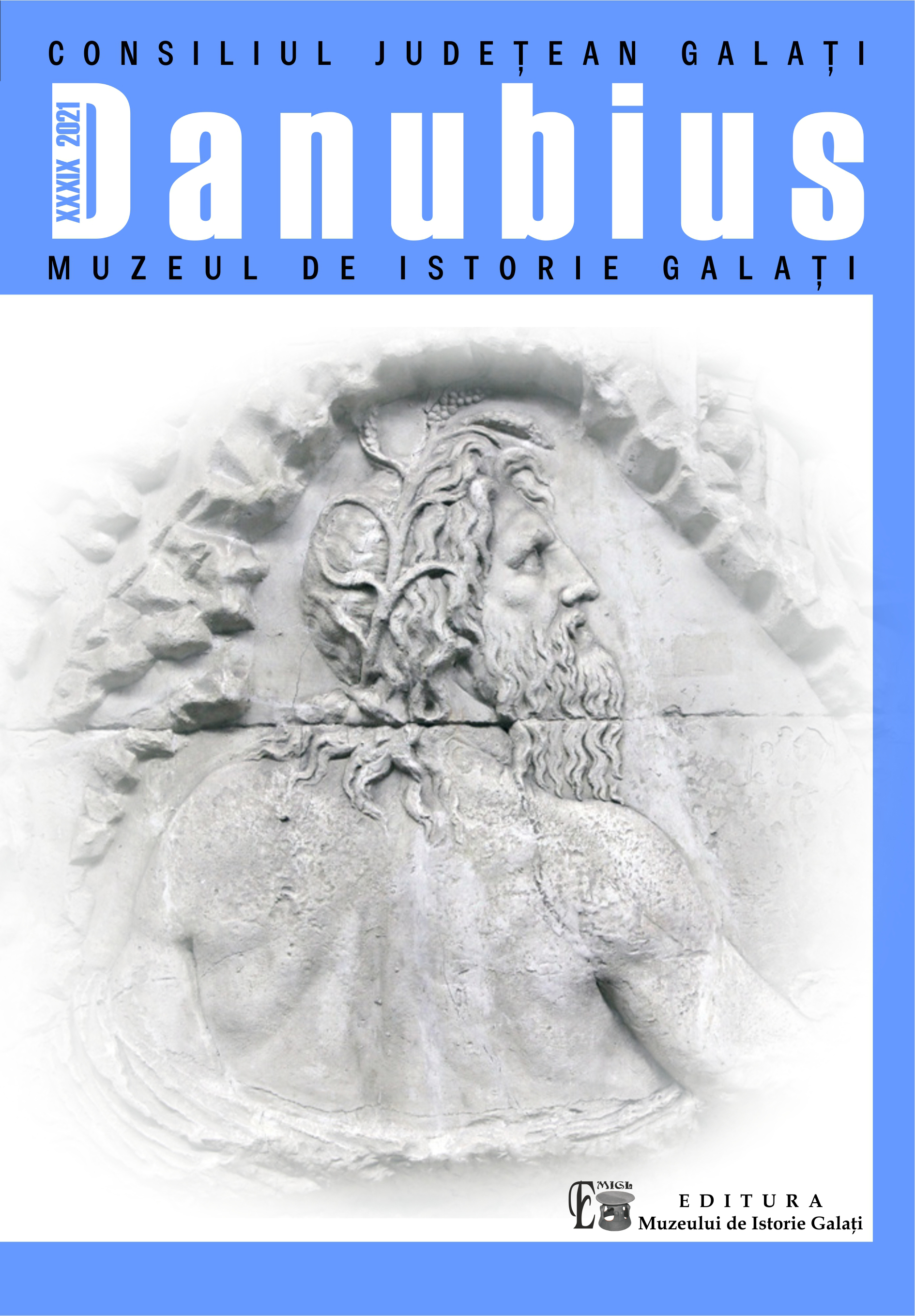Riturile educaționale și inițiatice hinduse. Cazul particular al ritului de trecere Upanayana
Educational and Initiatory Rites in Hinduism. The Particular Case of the Rite of Passage called Upanayana
Author(s): Hilda Hedvig VargaSubject(s): Philosophy, History of Philosophy, Non-European Philosophy, Theology and Religion, Ancient Philosphy, Indian Philosophy, History of Religion
Published by: Muzeul de Istorie „Paul Păltănea” Galaţi
Keywords: Hinduism; ritual tradition; rites of passage; Upanayana; dvija;
Summary/Abstract: The paper focuses on the topic of educational and adolescence rites in Hinduism, to which the most important rite of this interval of human existence is added: initiation. The educational rites ‒ Vidyārambha (learning of the alphabet), Vedārambha (beginning of Vedic studies) ‒ highlight the time when the individual is at the onset of his growth. The rite of adolescence Keśānta/Godāna (first shaving) represents the celebration of the transformation of the body in this complex process of becoming. Initiation (Upanayana) is, by far, the most intricate rite of passage, which marries the religious sphere with the social and moral one: it opens the gate towards philosophical and theoretical knowledge, it bestows upon the initiated the privilege of moving forward to the next existential stage – that of head of a family (gṛhastha) – through the second birth (dvija), and prepares him for living in a community in which he needs to contribute. Thus, man sets off into the unknown accomplished in every aspect of life, assuming, with responsibility, his active role in the society whose member he is. His becoming ends once the rite of returning home (Samāvartana) is performed, after which the individual is free to rejoin his community, gathering all the fruits and benefits of the knowledge acquired during initiation.
Journal: Danubius
- Issue Year: XXXIX/2021
- Issue No: 1
- Page Range: 203-228
- Page Count: 26
- Language: Romanian

